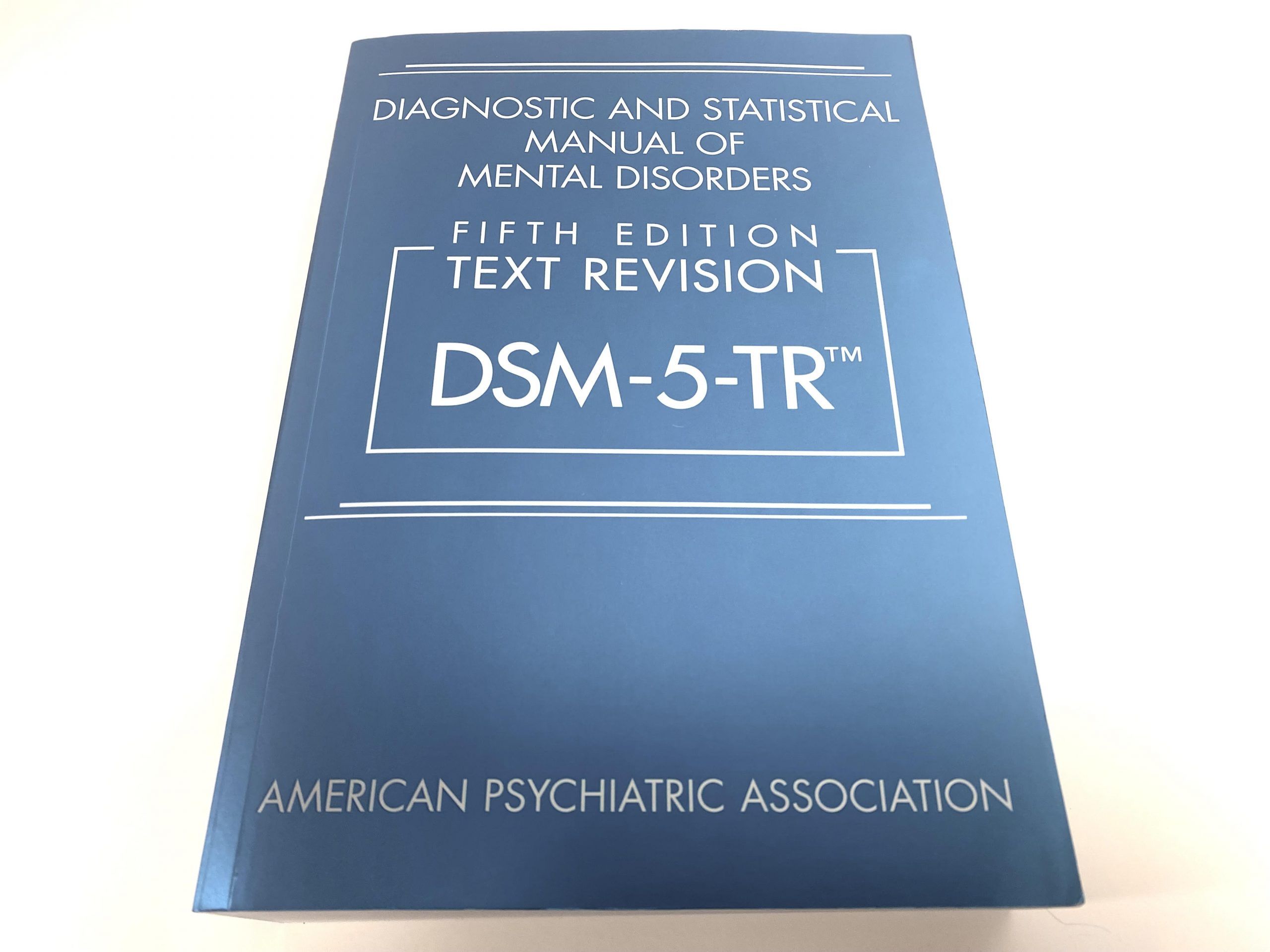
With the “brain chemical imbalance causes mental disorders” deception now exposed, CCHR looked at other misleading psychiatric-pharmaceutical industry claims—30 years of denying antidepressant-induced violent and suicidal behavior while drug regulatory agencies increasingly warn of these risks.
by Jan Eastgate
President CCHR International
Today, CCHR released its latest figures of global drug regulatory agency warnings about psychotropic drug risks, reporting a 34% increase in cautions about violence-related side effects and a 27% increase in self-harm and suicidal effects since June 2017.
These figures raise questions about whether the psychiatric-pharmaceutical industry has been misleading consumers for the past 30 years about the potential violence- and suicide-inducing effects of psychotropic drugs, in the same way patients were deceived into believing that a chemical imbalance in the brain causes mental disorders, requiring the drugs to correct it.
University College London (UCL) researchers recently disproved the decades-old theory that a brain-based chemical abnormality causes depression.[1] Since the early 1990s, the industry has propagated this fabricated theory, while also denying the drugs used to “treat” it can induce violent and suicidal behavior.
The official warnings have been issued by agencies such as the Food and Drug Administration (FDA) and its counterparts in countries that include Australia, Canada, Denmark, Ireland, European Union, New Zealand, and United Kingdom.
Since June 2017, there was also a 112% increase in warnings about psychotropic drugs linked to addiction or withdrawal, a 32.5% in emotional problem warnings and a 19% rise in death or increased risk of death.
A Chronology of Coverup and Actions Taken to Expose it
Coinciding with the release of these updated drug figures, CCHR has also posted on its website a chronology on the actions it has taken since 1989 to ensure patients and their families were informed about the chemical imbalance charlatanism and the misinformation stemming from this about antidepressant efficacy.
There has been a shocking misrepresentation of the facts for decades, ever since the first SSRI antidepressant, fluoxetine (Prozac) was launched and marketed as more effective than older antidepressants, with fewer side effects.
So persuasive was the marketing that Newsweek reported in 1990 that it “had such good press that even healthy people” were “asking for it.”[2] Yet, as later reported in studies, SSRIs could cause one in four healthy volunteers to become agitated, and in some cases suicidal.[3]
CCHR has been fighting a battle to expose the truth of this for over 30 years. One of its first actions was to help instigate and participate in the September 20th 1991, FDA Psychopharmacological Drugs Advisory Committee (PDAC) hearing into the suicide link to the then-newly released Prozac.
The committee members—flush from financial interests with psychotropic drug manufacturers—dismissed the idea. During the hearing, the Executive Director of the pharmaceutical-company funded front group, National Depressive and Manic-Depressive Association (NDMDA), which later became the Depression and Bipolar Support Alliance (DBSA)—said she’d recently learned that depression and manic-depression (now known as “bipolar” disorder) were the result of a “chemical imbalance in the brain.”[4]
The executive was critical of CCHR for disputing this, claiming it had “misled people about the chemical nature of these diseases,” when, in fact, the group and psychiatrists were espousing a completely fabricated concept, not backed by science.
Antidepressant-Violent Backlash
It would take 14 years before CCHR was vindicated when, in 2005, the president of the American Psychiatric Association (APA), Steven Sharfstein, conceded that there was no lab test to find or confirm a chemical imbalance in the brain.
It took another 17 years to be further vindicated by the groundbreaking UCL study published in Molecular Psychiatry in which scientists disproved the theory, stating: “It is high time to inform the public that this belief is not grounded in science.”[5]
It was already “high time” in 1991 to do this when the FDA PDAC hearing was held, and had it done so, it could have prevented this myth from being further perpetrated on mental health consumers. CCHR presented evidence to the FDA at the hearing, along with dozens of antidepressant victims.
Mike Donnelly, a successful businessman and family man from south Florida, testified that two years earlier he had sustained a massive head injury requiring rehabilitation and he was unable to work. Feeling anxious about this, he was referred to a psychiatrist who “declared, through no scientific test, that I had a chemical imbalance in my brain due to the head trauma and which could be corrected by taking America’s new wonder drug, Prozac, and showed me Newsweek magazine proclaiming this statement on the cover.”
He further testified:
“I have found psychiatrists abuse this generalized statement of a chemical imbalance of the brain as a way to prescribe these psychiatric drugs and a way to start the psychiatric revolving door, just go in and out, in and out, and sometimes the problem is you never come out.”
Donnelly experienced devastating numbing effects from the drug, telling the panel of psychiatrists, “I felt like I literally lost my soul, incapable of any emotion whatsoever” and became intensely suicidal—notably without any prior mental health history.
Newsweek’s front-page story was convincing: “Prozac: A Breakthrough Drug for Depression” that “makes patients—and doctors—happy.” Certainly, the manufacturer was happy. Prozac sales reached $125 million in 1988 and soared to $350 million in 1989 (more than was spent on all antidepressants just two years earlier). [6]
Rather than it being a miracle pill with minimal side effects, by mid-1990, FDA had recorded more than 14,000 adverse events from Prozac.[7] Factoring in study findings which show that only 1 to 10% of adverse effects are reported to the FDA, the situation was so potentially life-threatening that CCHR petitioned to have the antidepressant taken off the market.
The FDA rejected this–a decision applauded by the APA and another pharmaceutical-company-funded front group, the National Mental Health Association.[8]
A year after its glowing cover story, Newsweek seemed to reconsider its position. In a March 1991 story headlined “Prozac Backlash,” it revealed horror stories from Prozac consumers, reporting, “Scores of unhappy customers are filing lawsuits against [manufacturer Eli] Lilly, seeking huge awards for misfortunes they blame on Prozac.”[9]
And on January 28th, 2010, it further reported, “Why Antidepressants Are No Better Than Placebos.”[10] Psychology Today addressed how Pfizer—the manufacturer of another SSRI antidepressant, Zoloft—had spearheaded the advertising that a chemical imbalance in the brain caused depression.
Even though not true, as Psychology Today reported, “Nevertheless, the general public—inundated with direct-to-consumer advertising in the U.S.—came to believe that depression and other mental illnesses reflected, quite simply, an imbalance of certain chemicals in the brain.”[11]
Zoloft was widely disseminated in advertisements starring a miserably depressed egg-shaped character. Pfizer’s television advertisements later stated that depression may be due to a chemical imbalance, and that “Zoloft works to correct this imbalance.”[12]
The FDA did not prevent such false claims from being made, in the same way that it had neglected the seriousness of violence and suicide links.
In 1989, CCHR had already testified at a coroner’s inquest into the death of Joseph Wesbecker, who was taking Prozac when he went on a murderous spree that killed eight and wounded 12 in the Standard Gravure print shop in Louisville, Kentucky.
Like CCHR, the psychiatrist who had prescribed Prozac to Wesbecker questioned the drug’s potential role in influencing his decision to kill.[13]
CCHR contacted the families of Wesbecker’s victims and 10 of them added their signatures to a letter urging a Congressional investigation of Prozac.[14] This led to the 1991 PDAC hearing.
Donnelly’s testimony before the hearing—along with many others—was chilling. While taking the antidepressant, he said,
“I wanted to throw myself under our large company dump trucks as they were pulling out for work. I fantasized about drinking weed killer, throwing [myself] on high-voltage power lines,” running across a police practice gun range in full fire, wrestling a gun from a policeman’s belt while in a crowded store….”
He also described the terrifying withdrawal effects from Prozac—another adverse effect that the psychiatric pharmaceutical industry negated at the time.
Expert testimony concurred with the violent risks, such as that of Martin Teicher, a researcher at McLean Hospital, in Belmont, Mass., affiliated with Harvard Medical School. He referred to his February 1990 article in which he and two others reported that six patients had developed intense, obsessive thoughts of suicide after taking Prozac.
Two patients said they thought about buying a gun for the first time; another fantasized about killing himself in a gas explosion or car crash. Teicher said the study’s findings were relevant because the type of obsessive suicidal behavior he observed in his patients “was unlike anything they had ever experienced either before or since. It really seemed to be something out of the expected pattern.”[15]
Conflicts of Interest Deny Consumers the Truth
However, psychiatrists warned PDAC that any changes in Prozac labeling would undermine the public’s confidence in psychiatric drugs. The committee voted unanimously that antidepressants did not cause suicide and violent behavior.
One of the PDAC members was Jeffrey Lieberman, M.D., who had financial ties to at least a dozen psychiatric drug manufacturers. He would become president of the APA (2013-2014), and in 2022 was ousted as chair of psychiatry at Columbia University College of Physicians and Surgeons in New York City because of racist remarks he made about the skin color of an African American model, Ms. Nyakim Gatwech. In a social media post that appeared to be steeped in eugenics, he questioned whether her color may be a “freak of nature,” setting off a storm of rebuke.[16]
During the FDA hearing he indicated that “no credible evidence existed to associate increase for suicidality in antidepressant drug use in general, and then in connection with fluoxetine in particular,” leaving it and other antidepressants on the market to incite at least a small percentage of takers to potentially kill.
As late as 2012, Lieberman was still espousing the chemical theory of mental disorders, stating: “So in a condition like depression, or mania, which occurs in bipolar disorder, you have a disturbance in the neurochemistry in the part of the brain that regulates emotion.”[17]
Considered as one of the elites of American psychiatry, Lieberman also promoted other unsubstantiated theories, such as that genes are the main cause of mental disorders[18] and one of the most deplorable lies (without a shred of scientific proof or means to even test it), that the brain “houses the human spirit.”[19]
Following the PDAC hearing, it would take CCHR and others 13 years of diligent work to force the FDA to issue a black box warning about suicide, which it limited at the time to those younger than 18, but later expanded to include people up to age 24.
CCHR Creates Psychiatric Drugs Side Effects Database
CCHR went further to provide better information to the public, developing a psychiatric drugs side effects searchable database online—with all adverse events decoded from Medwatch, the FDA’s drug adverse event reporting database. CCHR also documented drug regulatory agency warnings posted it all on its website. And in 2017, it published a resource of studies and warnings about how Psychiatric Drugs Create Violence and Suicide.
By June 2017, CCHR had collated 409 agency warnings dating back to 1989. Updated today, it has documented 630 warnings. This includes 31 additional warnings found pre-June 2017 that had not been previously accessible and another 190 since—a 43% increase.
Add to this another misleading claim that debunks the original marketing of SSRIs—that they were more effective than older antidepressants: Prozac’s manufacturer asserted the antidepressant was effective in 70 to 80% of patients suffering from “major depressive disorder.”[20]
Like the chemical imbalance theory, this too was misleading. Decades later that efficacy was refuted as studies showed up to 46% of patients taking the drugs found them ineffective.
In August 2022, the British Medical Journal reinforced this in a published study which found 85% of people who take antidepressants experience the same effect as from a placebo pill.
The study reviewed 232 randomized, double blind, placebo controlled trials of drug monotherapy for major depressive disorder submitted by drug developers to the FDA between 1979 and 2016, comprising 73,388 adult and child participants.[21]
The FDA, which receives 45% of its budget from user fees that pharmaceutical and medical device companies pay when they apply for approval of a device or drug—needs an overhaul.
It is as complicit as the psychiatric-pharmaceutical industry in misleading consumers about the chemical imbalance myth.
It has approved dangerous antidepressants, and kept them on the market, while knowing they are not only ineffective but can also induce violent and suicidal behavior. This denies mental health consumers their right to informed consent and could prevent them from seeking non-invasive and non-harmful alternative medical or other means of help.
The Right to Refuse
Because of the risk of serious withdrawal effects, no one should suddenly stop taking the drugs. Withdrawal should be done only under medical supervision.
In June 2021, the World Health Organization-issued “Guidance on Community Mental Health Services: Promoting Person-Centered and Rights-Based Approaches,” said countries must ensure that “informed consent” is in place and that “the right to refuse admission and treatment is also respected.”
Further, “People wishing to come off psychotropic drugs should also be actively supported to do so, and several recent resources have been developed to support people to achieve this.”[22]
CCHR demands such rights be implemented globally and urges consumer fraud and personal injury action where patients have been harmed by psychiatry getting it wrong.
References:
[1] Joanna Moncrieff, Ruth E. Cooper, Tom Stockmann, Simone Amendola, Michael P. Hengartner and Mark A. Horowitz, “The serotonin theory of depression: a systematic umbrella review of the evidence,” Molecular Psychiatry, 20 July 2022, https://www.nature.com/articles/s41380-022-01661-0
[2] “Prozac: A Breakthrough Drug for Depression,” Newsweek, 26 Mar. 1990
[3] https://www.cchrint.org/2022/07/22/cchr-lauds-study-disproving-chemical-imbalance-causes-depression/ citing: “Will $6.4 Million Verdict Open a New Mass Tort?” Lawyers Weekly, 9 July 2001, https://www.fitzgeraldlaw.com/paxil-maker-held-liable-in-murder-suicide
[4] https://www.cchrint.org/issues/psycho-pharmaceutical-front-groups/dbsa/
[5] Andrew Gregory, “Little evidence that chemical imbalance causes depression, UCL scientists find,” The Guardian, 20 July 2022, https://www.theguardian.com/society/2022/jul/20/scientists-question-widespread-use-of-antidepressants-after-survey-on-serotonin
[6] Op. cit., Newsweek, 26 Mar. 1990
[7] Paula Span, “The Man Behind the Bitter Pill Debate,” Washington Post, 14 Aug 1991, https://www.washingtonpost.com/archive/lifestyle/1991/08/14/the-man-behind-the-bitter-pill-debate/9128f533-7775-4ff4-9436-1a05cd1d8b97/
[8] Ibid.
[9] “A Prozac Backlash,” Newsweek, 31 March 1991, https://www.newsweek.com/prozac-backlash-201268
[10] “Why Antidepressants Are No Better Than Placebos,” Newsweek, 28 Jan 2010, https://www.newsweek.com/why-antidepressants-are-no-better-placebos-71111
[11] Mark L. Ruffalo, M.S.W., D.Psa “The Story of Prozac: A Landmark Drug in Psychiatry: Prozac changed the way we think about depression and the human mind,” Psychology Today, 1 Mar. 2020, https://www.psychologytoday.com/us/blog/freud-fluoxetine/202003/the-story-prozac-landmark-drug-in-psychiatry
[12] Jeffrey R Lacasse and Jonathan Leo, “Serotonin and Depression: A Disconnect between the Advertisements and the Scientific Literature,” PLoS Medicine, Dec. 2005, https://www.ncbi.nlm.nih.gov/pmc/articles/PMC1277931/
[13] https://www.cchrint.org/2019/09/19/antidepressant-makers-20-million-secret-court-deal/
[14] Op. cit., Washington Post, 14 Aug 1991
[15] “Is It Really The ‘Wonder Drug’ For Depression?” Washington Post, 28 Aug 1990, https://www.washingtonpost.com/archive/lifestyle/wellness/1990/08/28/is-it-really-the-wonder-drug-for-depression/a204d750-bef1-4276-9500-c3478facdb66/
[16] https://www.cchrint.org/2022/03/17/jeffrey-liebermans-topple-from-grace-over-racist-tweet-during-black-history-month-spurs-closer-scrutiny/
[17] Phillip hickey, Ph.D., “Psychiatry DID Promote the Chemical Imbalance Theory,” MAD, 6 June 2014, https://www.madinamerica.com/2014/06/psychiatry-promote-chemical-imbalance-theory/
[18] https://www.madinamerica.com/2016/03/comments-on-jeffrey-lieberman-and-ogi-ogas-wall-street-journal-article-on-the-genetics-of-psychiatric-disorders/
[19] https://singjupost.com/imagine-there-was-no-stigma-to-mental-illness-dr-jeffrey-lieberman-transcript/
[20] Op. cit., Washington Post, 14 Aug 1991
[21] Marc B Stone, et al., “Response to acute monotherapy for major depressive disorder in randomized, placebo controlled trials submitted to the US Food and Drug Administration: individual participant data analysis,” BMJ, 2 Aug. 2022, https://www.bmj.com/content/378/bmj-2021-067606
[22] https://www.cchrint.org/2021/06/11/world-health-organization-new-guidelines-are-vital-to-end-coercive-psychiatric-practices-abuse/, citing: “Guidance on Community Mental Health Services: Promoting Person-Centered and Rights-Based Approaches,” World Health Organization, 10 June 2021, pp. 6, 201, https://www.who.int/publications/i/item/9789240025707 (to download report)
Read the full article at CCHR International.
Related:
The Marketing of “Mental Health” – People who Admit to Having “Mental Health Issues” now Considered Heroes
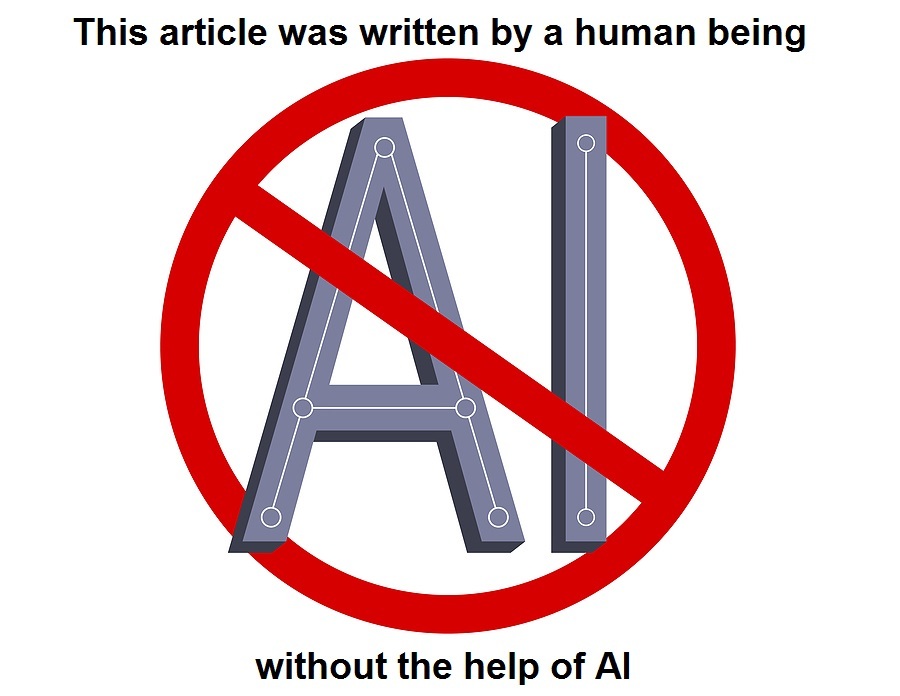
See Also:
Understand the Times We are Currently Living Through
Exposing the Christian Zionism Cult
Jesus Would be Labeled as “Antisemitic” Today Because He Attacked the Jews and Warned His Followers About Their Evil Ways
Insider Exposes Freemasonry as the World’s Oldest Secret Religion and the Luciferian Plans for The New World Order
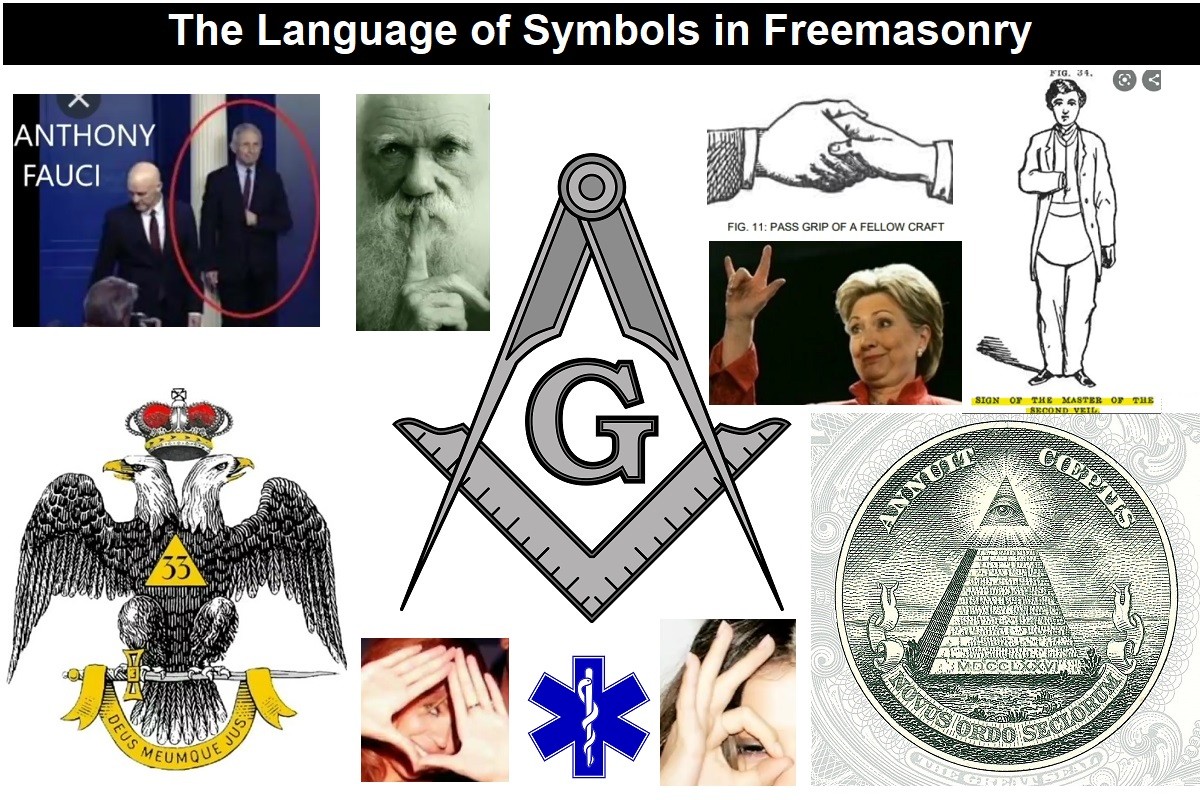
Identifying the Luciferian Globalists Implementing the New World Order – Who are the “Jews”?
Who are the Children of Abraham?
The Brain Myth: Your Intellect and Thoughts Originate in Your Heart, Not Your Brain
Fact Check: “Christianity” and the Christian Religion is NOT Found in the Bible – The Person Jesus Christ Is
Young Man Living on the Streets Finds Jesus of the Bible – Overcomes Drug and “Terminally Online” Addictions
COVID “Vaccine” Injured Muslim Man Learns COVID was a Scam and Meets Jesus of the Bible as he Begins to Heal
Was the U.S. Constitution Written to Protect “We the People” or “We the Globalists”? Were the Founding Fathers Godly Men or Servants of Satan?
The Seal and Mark of God is Far More Important than the “Mark of the Beast” – Are You Prepared for What’s Coming?
The United States and The Beast: A look at Revelation in Light of Current Events Since 2020
The Satanic Roots to Modern Medicine – The Mark of the Beast?
Medicine: Idolatry in the Twenty First Century – 8-Year-Old Article More Relevant Today than the Day it was Written
Having problems receiving our emails? See:
How to Beat Internet Censorship and Create Your Own Newsfeed
We Are Now on Telegram. Video channels at Bitchute, and Odysee.
If our website is seized and shut down, find us on Telegram, as well as Bitchute and Odysee for further instructions about where to find us.
If you use the TOR Onion browser, here are the links and corresponding URLs to use in the TOR browser to find us on the Dark Web: Health Impact News, Vaccine Impact, Medical Kidnap, Created4Health, CoconutOil.com.









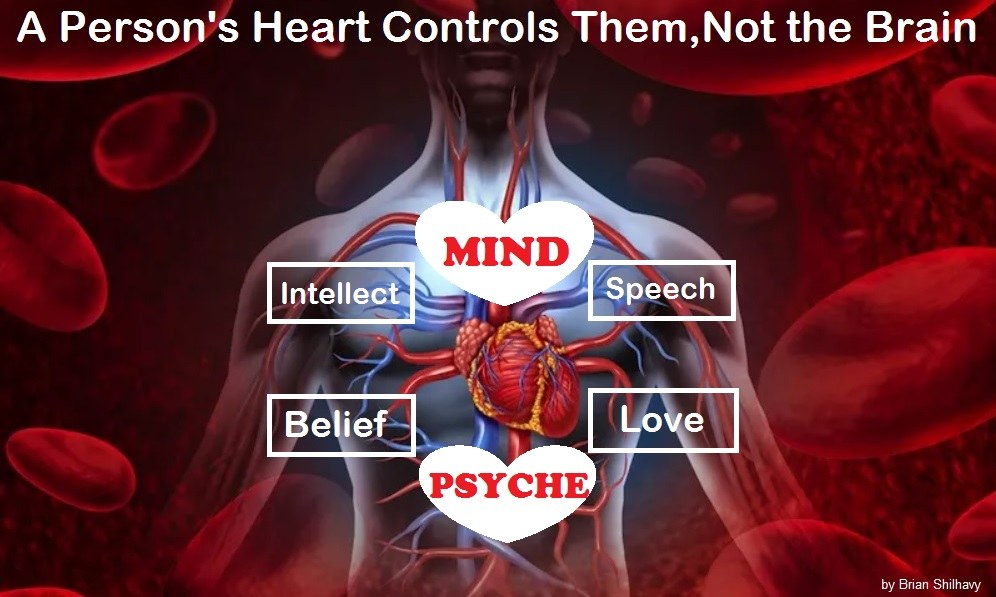

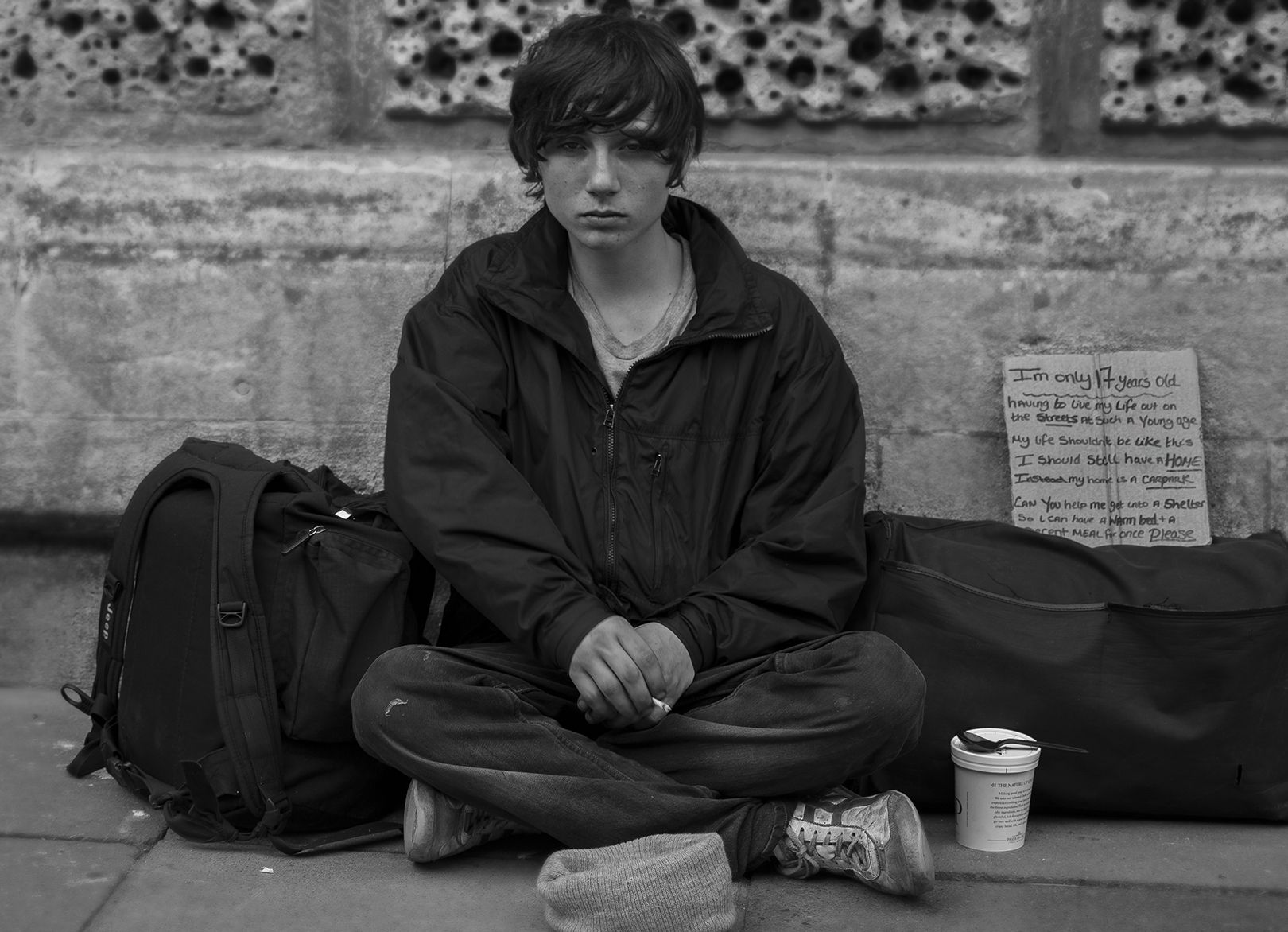



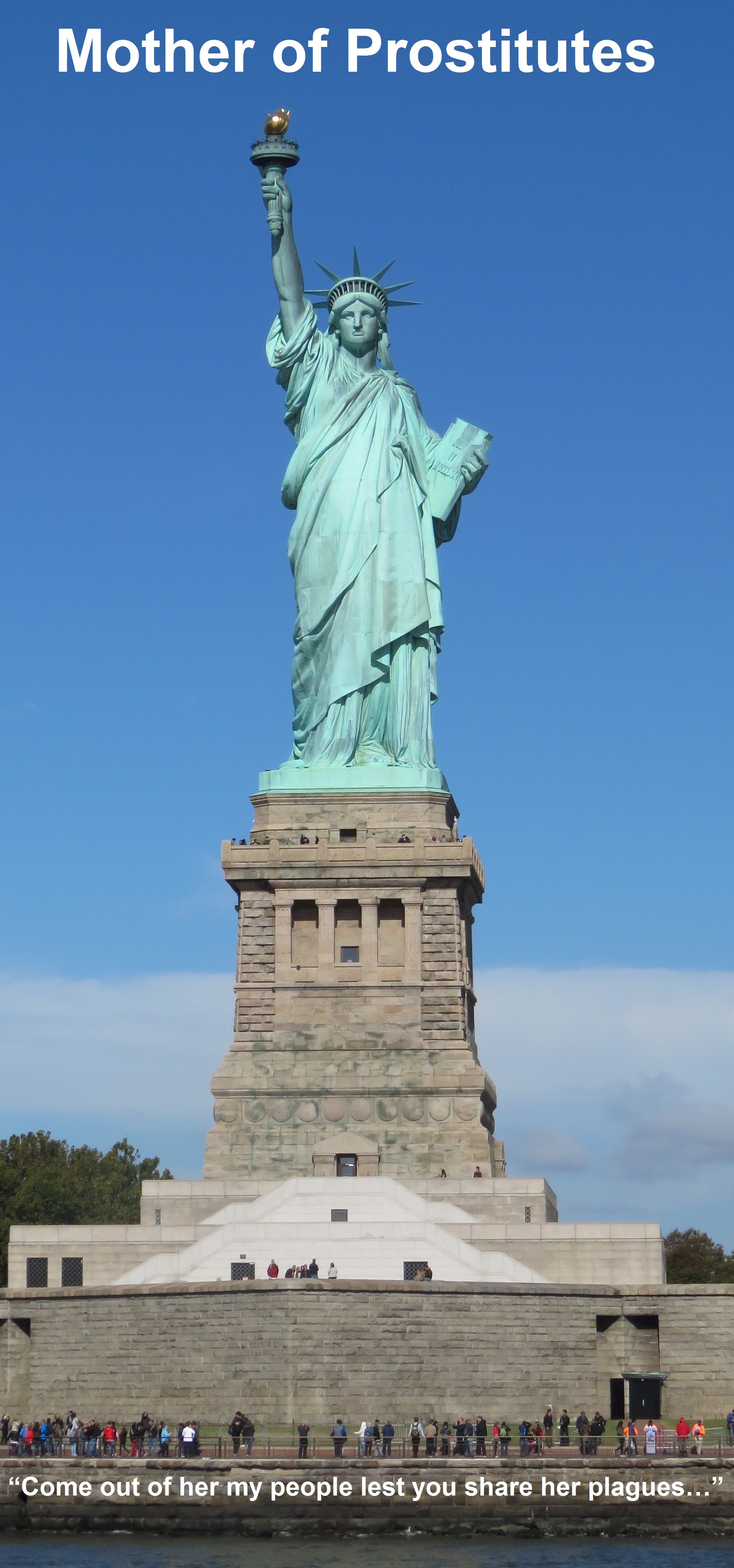

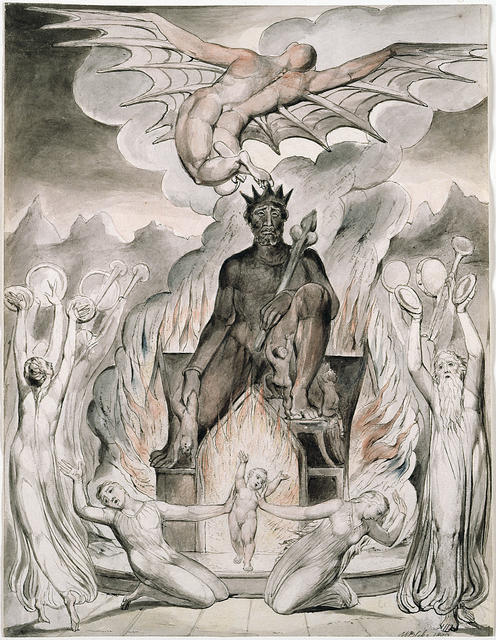


Join the Discussion